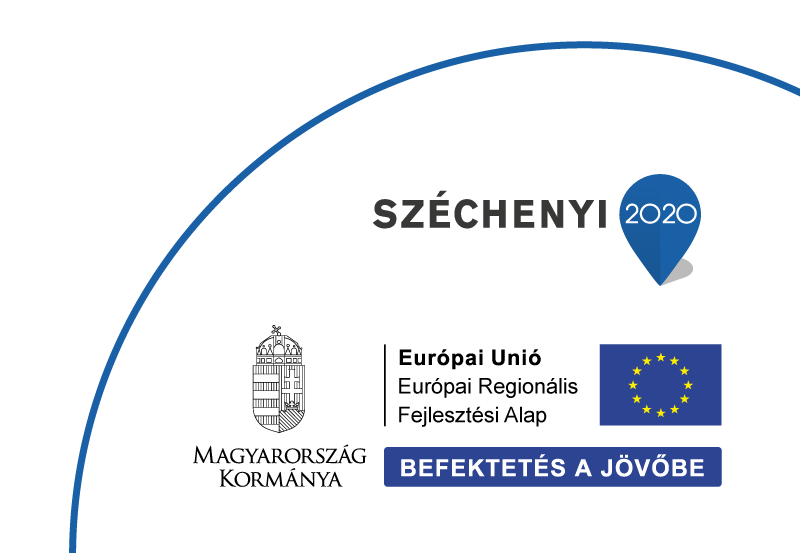The Laboratory of Theoretical Physics has originally been a nuclear theory section focusing its activity on direct nuclear reactions and theoretical description of nuclear resonant states. The present-day research assortment has emerged as a result of a policy of broadening of the original research interest.
Quantum physics
In methodological studies the traditional fields have been extended to bound-states and scattering problems in quantum physics, and the focus of interest has been shifted to exotic nuclear structures, to the-microscopic models of light exotic nuclei, to halo nuclei, to giant multipole resonances in nuclei, to the description of the nuclear binding energy, to nuclear states with specific symmetries and clustered states. The research interest has been shifted also to quantum correlations, which might have possible applications to quantum informatics in the future.
Particle physics
Finally, with the participation of Hungary in CERN, more and more emphasis is laid on particle physics here. In the centre of interest is perturbative quantum chromodynamics (QCD), which is the theory of collision of energetic particles. The members of the Theoretical Physics Section are experts in the calculation of the second-order radiation corrections. In addition, they take part in preparations for the concrete experiments on the Large Hadron Collider (LHC) at CERN. The main focus of our theory group is lattice QCD and applications of the functional renormalisation group.
 Magyar
Magyar
